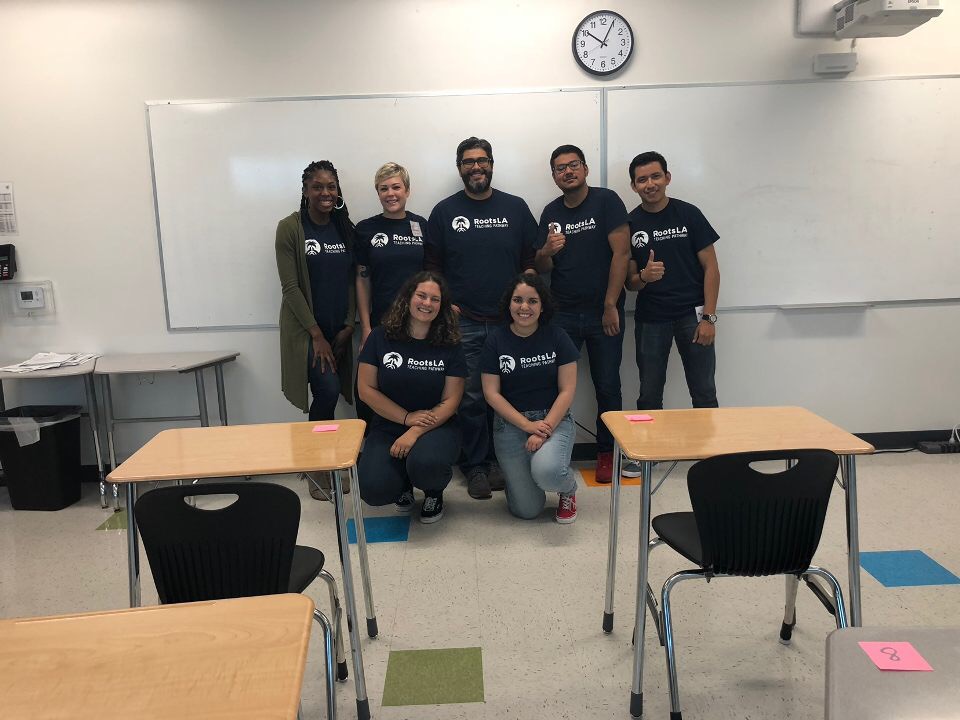
This past summer, I participated in a teaching fellowship training program. What this means is, I was able to get hands on teaching experience, while being taught how to become a better teacher myself. Over the course of the five weeks, I designed lesson plans, taught a 9th grade English credit recovery class and learned so many things about the education system that I had not known before.
For example, there’s this thing called social promotion. For those of you in education, you likely know what I am referring to. For those of you who don’t know, I’ll break it down.
Say you have a student, we’ll call her Sally, who fails sixth grade. To save her the embarrassment of repeating third grade, she is promoted to the next grade level, despite not having the necessary academic skills to succeed at the next level. Imagine this happening to her every year. By the time Sally gets to high school, she’s in 9th grade, but she’s reading at a second grade level. All throughout her academic career, she has been told she’s failed, but could still move on. Now she gets to high school and the game changes. Sally doesn’t get to just move on anymore. What do you think happens to Sally? She is not being able to keep up with the other kids, doesn’t want to go through high school with the embarrassment of summer school, and she realizes it is highly unlikely that she will graduate with her class. So, she drops out.
So, what can we do? This problem sounds nearly impossible to solve right? I mean if it starts in elementary school, by the time our students are getting to high school, they feel incompetent and they drop out. The beachy Palos Verdes Peninsula Unified School District reported a 98.6% graduation rate, while the urban Los Angeles Unified School District (which serves a much higher number of low-income students) reported only a 77% graduation rate.
On its own, 77% may sound like a lot, but think about this: Take a class of 1,200 students. 23% of that class won’t make it to graduation. That means that 276 students leave high school without a diploma. That’s one school, think about all of the schools throughout LA county. Hundreds becomes thousands becomes tens of thousands of students falling through the cracks every year.
There is certainly not a cure-all solution, but implementing better intervention techniques at key ages of intervention is a step in the right direction. I can understand saving a student from the embarrassment of having to repeat a grade. But that means we have to help that student ten times more, moving forward.
7 Generation Games designed our educational video games to teach math, history, and English language skills. In the urban LA communities, where a large percentage of students are significantly behind with many of their academic skills, these games can be a part of the solution!
The best part is we have even created bilingual games for English language learners, who are often even further behind. Our bilingual version of Making Camp teaches math and history and users can flip between English and Spanish on every screen!
Of course, this is just a piece of the pie for how to help all of our students who need to be better served by the educational system, but it’s a good piece!

